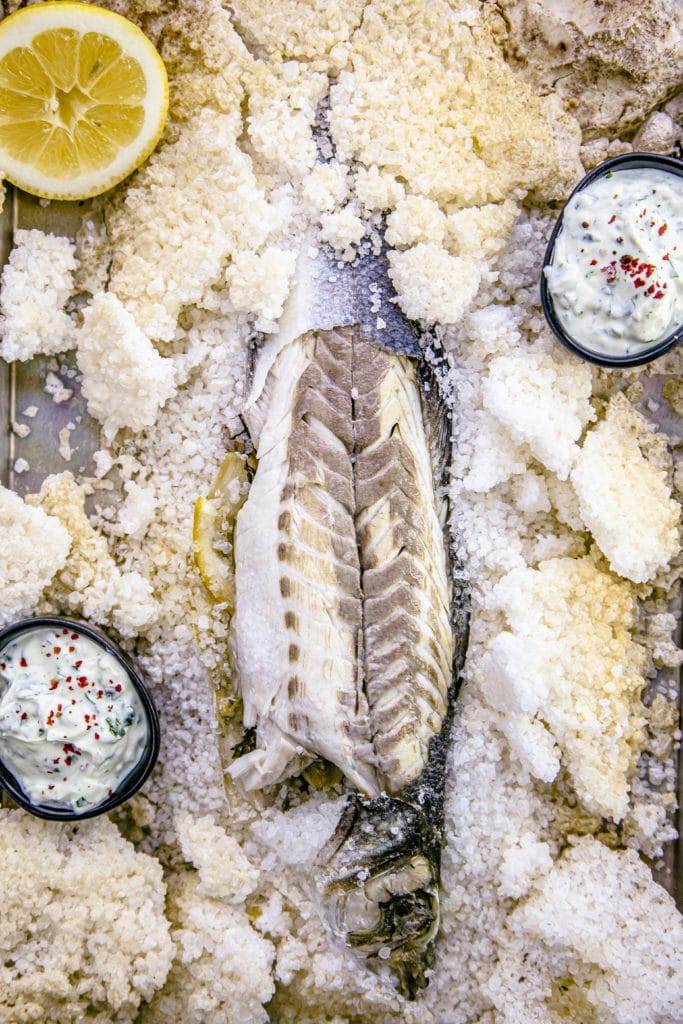FREE SHIPPING AT AN ORDER VALUE OF 75 €
Any discussion involving kitchen affairs can leave you drooling in anticipation of your next meal. You tend to look back on the delicious meals you have had over the years. Most of them have the perfect seasoning for your taste buds. Others, not so much.
Amongst the best seasoning is the world’s most popular food, salt. Regardless of how simple a meal is, you cannot do without this ingredient. It is made up of sodium and chlorine.
It serves in the preparation of meals or the industrial processing of foods. In this post, you get insight on how to utilize salt in enhancing flavor.
Salting food is necessary as it intensifies the blend of flavors in the food. There are various types of salt. However, Kosher salt is the best for cooking. This is due to its ability to dissolve fast. The following gives you insight on how to salt your food depending on what you are preparing:
There are common foods that you require guidance on perfecting how to salt. Here is a guide of when to salt some of them:

Salt is a key component when preparing various dishes. It provides for the perfect seasoning in bringing in rich flavors. It is best to undergo the set out guidelines to assist you in food preparations rather than making assumptions on its quantity.


2022. © The Bitery GmbH. All rights reserved. | Cookies